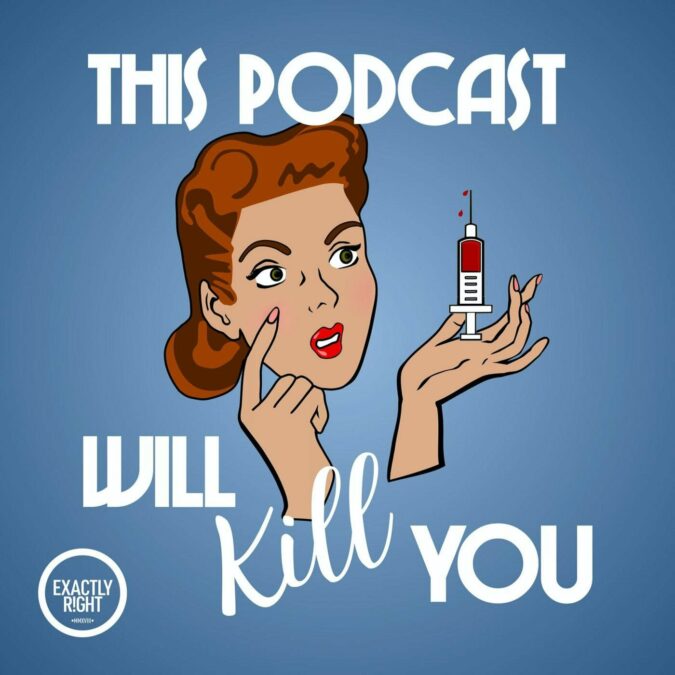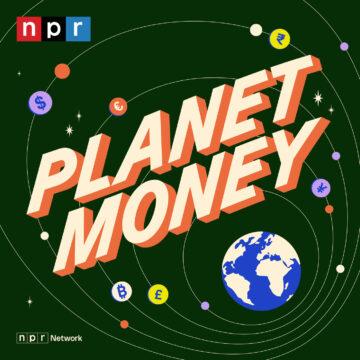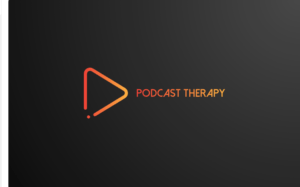In the eighth episode in our Anatomy of a Pandemic series focusing on COVID-19, we discuss how this pandemic will likely lead to a disproportionate impact on the most vulnerable populations around the globe. “Wash your hands.” “Stay at home.” “Practice physical distancing.” These are the public health messages for how to slow this pandemic. But what happens when you can’t wash your hands because you lack clean water or soap? Or if you can’t stay at home because you’re fleeing a war zone? Dr. Jonathan Whittall, Director of Analysis at Medicines Sans Frontières (aka Doctors Without Borders) joins us to talk about the challenges faced by the most vulnerable populations during this crisis and how MSF is working to overcome those challenges while bracing for the pandemic’s impact (interview recorded April 3, 2020). We wrap up the episode by discussing the top five things we learned from our expert. To help you get a better idea of the topics covered in this episode, we have listed the questions below:
- What kind of projects are you currently working on?
- Can you talk about what you’re seeing in terms of the differences between this COVID-19 pandemic and other public health emergency situations, such as cholera outbreaks in refugee camps or Ebola epidemics?
- What are some lessons that you think hospitals in other regions can learn from physicians or logistical coordinators that have worked in these situations previously?
- You wrote a great opinion piece about some of the challenges faced by the most vulnerable populations in trying to prevent infection with the virus that causes COVID-19. Can you talk a bit about those challenges and what the most vulnerable populations are?
- What are some of the ways that MSF has been trying to overcome those challenges?
- What have we seen so far in terms of the impact of COVID-19 on these vulnerable populations?
- MSF has recently expanded their efforts throughout Europe – can you talk about what that expansion looks like and how different groups or activities are prioritized?
- As a part of a group that works internationally, can you talk about some of the challenges in coordinating this work internationally and why it’s so crucial to communicate across borders?
- There’s been a lot of discussion about how this pandemic may change the way we handle public health at national and, especially, international scales. What are some of the changes you hope to see?
Follow Dr. Jonathan Whittall (@offyourrecord) or check out the MSF-Analysis website (http://msf-analysis.org/). And read his fantastic article here: https://gulfnews.com/opinion/op-eds/bracing-for-impact-of-the-coronavirus-1.70570512
Learn more about your ad choices. Visit megaphone.fm/adchoices









